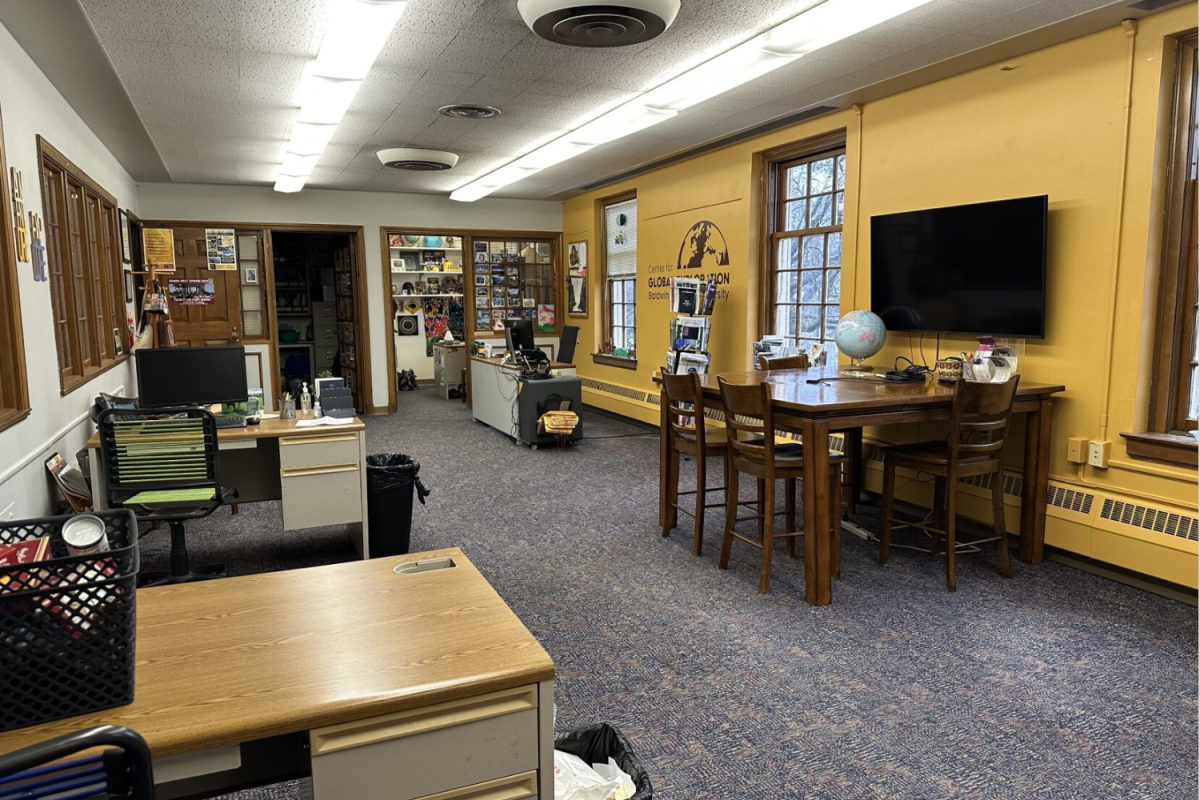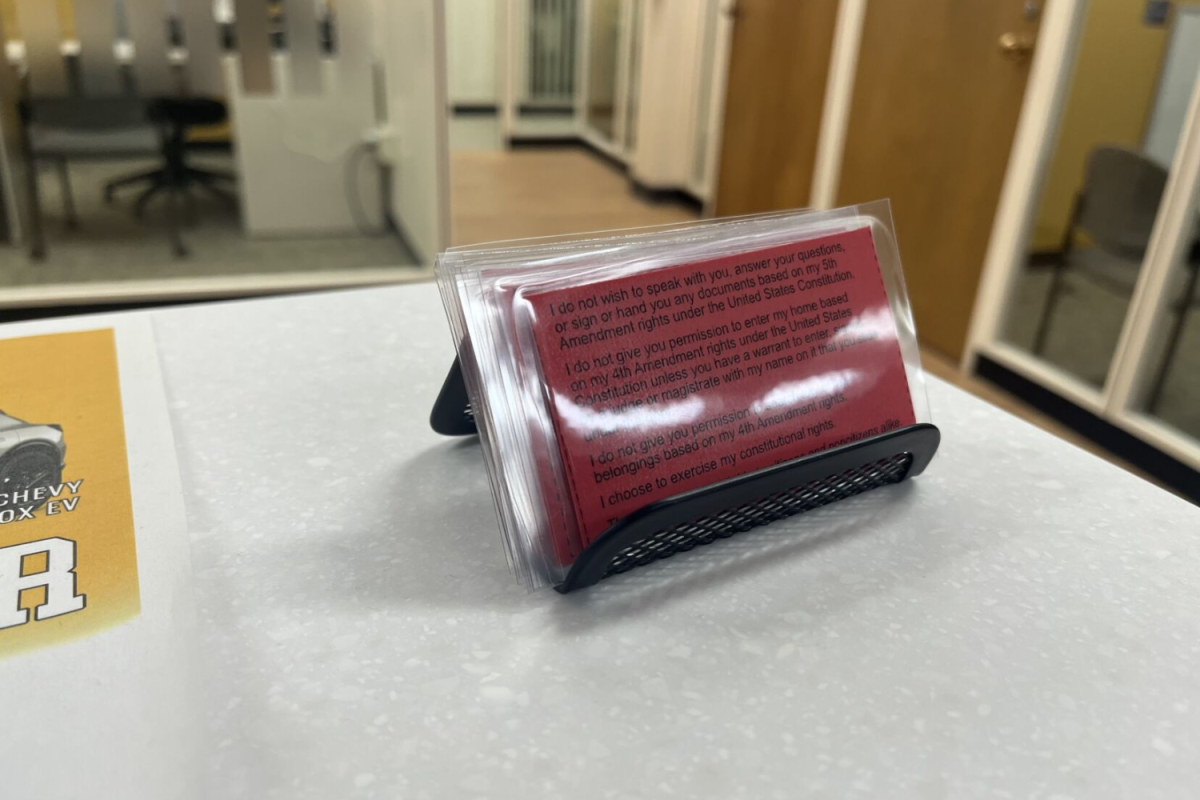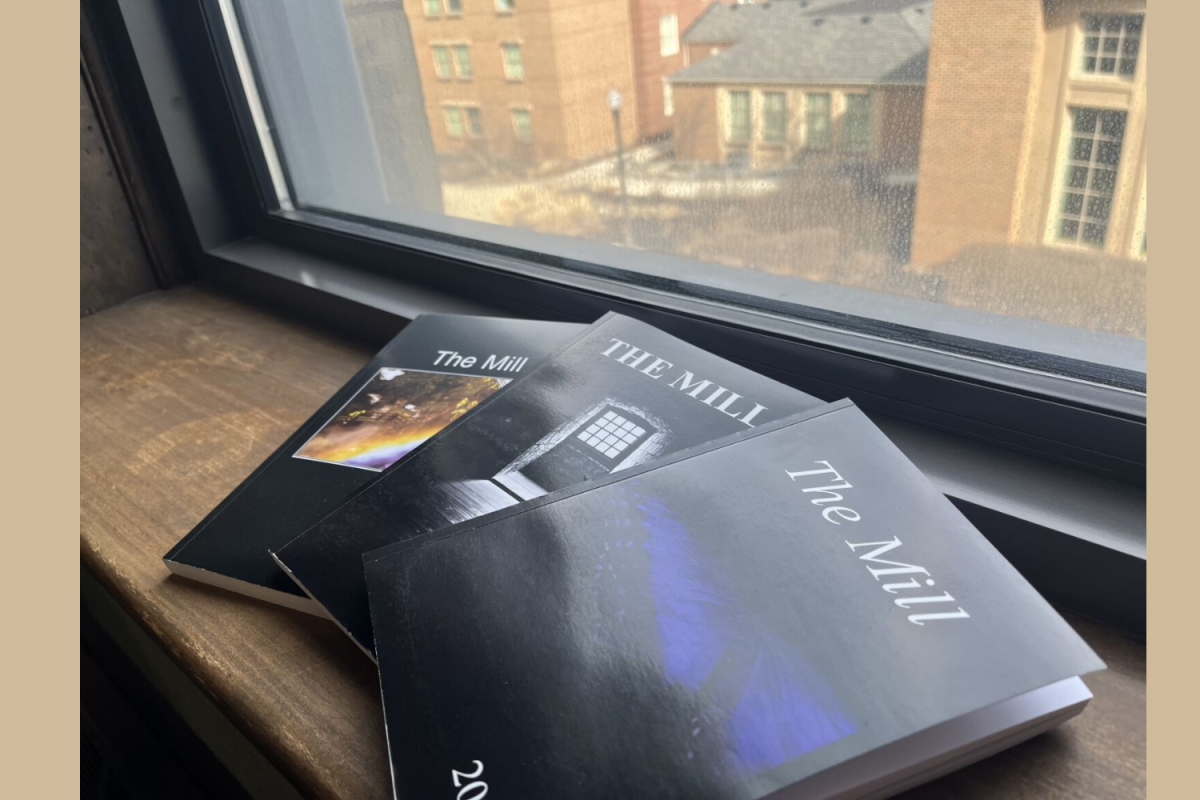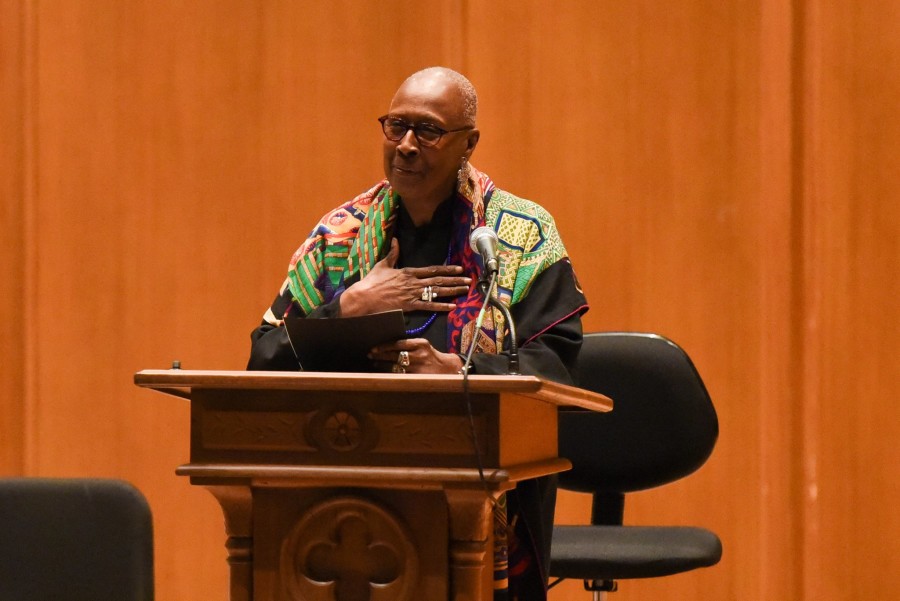EQLS Speaker Judith Jamison Speaks About Dedication
Domiana Whitten/Baldwin Wallace
Judith Jamison spoke to the students as part of the EQLS Lecture Series.
April 2, 2015
Judith Jamison, renowned dancer best known for her solo performance “Cry,” spoke to Baldwin Wallace students and faculty, as well as members of the Berea community, March 18 in the Gamble Auditorium of Baldwin-Wallace University’s Conservatory of Music.
Jamison was born in Philadelphia, Pennsylvania where she began training in classical ballet and modern dance at the age of six at the Judimar School of Dance. Later, Jamison would join the Alvin Ailey American Dance Theater—founded by Alvin Ailey in 1958—where she would train for fifteen years, then eventually return as Ailey’s successor years later, and revolutionize the company.
While studying at the theatre, she worked alongside Ailey to help producer her iconic performance Cry. “If you can imagine running full speed for fifteen minutes, and then putting your life’s blood into every step that you took—that was Cry,” Jamison said.
Jamison began her discussion by first addressing the Alvin Ailey Dance Company, and how Ailey himself changed her life. The dance company, she explained, opened an opportunity for African American dancers to perform on stage—a rarity at the time.
Extending beyond the surface of the identification of race, Jamison explained that Ailey’s dances permeated the entire culture; performances that allowed everyone to “connect to the human condition that [Ailey] appreciated.”
Jamison also emphasized that her conscious awareness of a necessary “return investment” was important within her leadership position in the dance theatre. “No matter what you do… Keep your feet on the floor and remember who helped you get to where you are today,” she said.
Jamison then emphasized the importance of mentors in one’s life. Jamison explained that it is “the obligation of the mentor, or teacher, to redefine the impossible.”
The greatest mentors in Jamison’s life, she said, were her parents. She described her parents as individuals who “didn’t have to tell you what to do–you could see it in the way that they carried themselves” Jamison said.
Jamison also credits her parents with the root of her artistic inspiration – a direct result of the constant exposure to so many different outlets and events as a child. She was even being taught how to play the violin and piano from her father.
However, throughout her life, Jamison was constantly faced with opposition derived from racism, sexism, and other prejudices. Addressing the issue of sexism, Jamison emphasized that, before she turned over control of the Alvin Ailey Dance Theatre, the entire company was run by women.
Quoting Martin Luther King Jr., Jamison said that artistic and creative rebellions will always work better than physical violence, even in the face of stereotyping and negative portrayals. “Our sole force was our performance, and our dancing was our protest,” Jamison said of Alvin Ailey and the dance company.
Jamison ended her discussion by emphasizing the importance of maintaining “restless curiosity” and being guided by the principles of service throughout one’s life. Without constant dedication, trust in others, and devotion to service, she would not have been able to simultaneously run both the Alvin Ailey Dance Theater and her Jamison Project.
“Taking a leap onto a path that is constantly shining with an eternal light that never fails,” she said, “is the scariest, but greatest, challenge in one’s life.”































